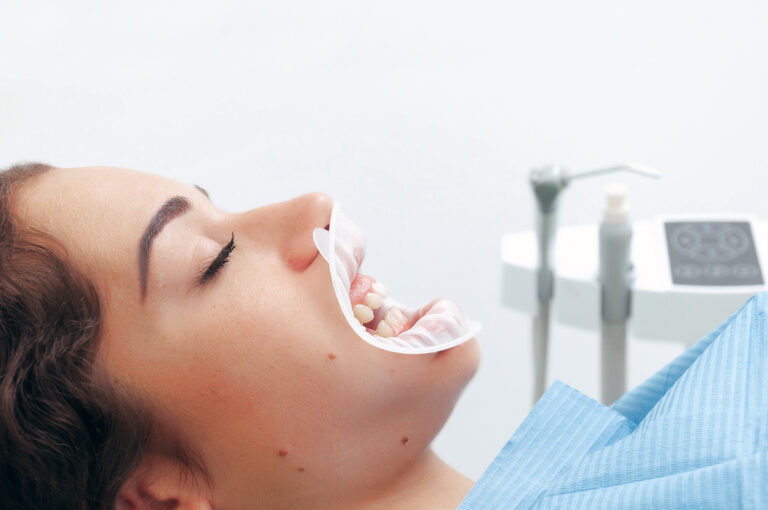Tips for Managing Stress and Its Impact on Your Health
Tips for Managing Stress and Its Impact on Your Health
Stress is something that we all experience at various stages of our lives. Whether it’s due to work pressures, family responsibilities, or personal challenges, stress can have significant impacts on both our mental and physical health. Understanding how to manage stress is essential in maintaining a healthy lifestyle. In this extensive guide, we will explore practical tips for managing stress and discuss the importance of stress management for your overall health.
The Connection Between Stress and Health
Stress is not only a mental state but also a physical response. It triggers a range of physiological changes in the body, including the release of stress hormones such as cortisol and adrenaline. These hormones prepare the body for a “fight or flight” response, which can be beneficial in short-term situations but harmful in the long term.
Prolonged stress can lead to a variety of health issues, including heart disease, high blood pressure, diabetes, and mental health disorders such as anxiety and depression. It can also have an impact on oral health, affecting everything from teeth grinding to the health of your gums. If you’re experiencing stress-related oral issues, consulting a professional for interventions like tmj botox treatment in Normandy Park might provide relief.
Recognizing the Signs of Stress
One of the first steps in managing stress is recognizing the signs. Common symptoms of stress include irritability, anxiety, fatigue, insomnia, headaches, and upset stomach. In some cases, stress can manifest in physical symptoms that affect oral health, such as teeth grinding or jaw clenching, which may require attention from a dental professional.
If you’re feeling overwhelmed and notice these stress signals, it might be time to seek professional help. A search for a cosmetic dentist near me can lead you to experts who understand the impact of stress on oral health and offer solutions that cater to your specific needs.
Practical Tips for Managing Stress
Implement Relaxation Techniques
Relaxation techniques such as deep breathing, meditation, and yoga can help calm your mind and reduce the physical symptoms of stress. Deep breathing involves taking slow, deep breaths to encourage relaxation and reduce tension in the body.
Yoga combines postures, breathing exercises, and meditation or relaxation. It reduces stress, lowers blood pressure, and helps with the management of anxiety and depression. Incorporating regular yoga sessions into your routine can be incredibly beneficial for your mental well-being.
Develop Healthy Lifestyle Habits
Engaging in regular physical activity is an excellent way to manage stress. Exercise releases endorphins, which are natural mood boosters. Whether you prefer jogging, swimming, or a simple walk, staying active is crucial.
Alongside physical activity, maintaining a balanced diet rich in fruits, vegetables, lean proteins, and whole grains can support your body in handling stress. Avoid excessive caffeine and sugar intake, which can heighten stress responses and lead to further health complications over time.
Establish a Support System
Having a strong support system is invaluable when it comes to managing stress. Friends, family, or support groups provide an outlet for discussing concerns and receiving guidance and encouragement. Sometimes, simply talking about what’s bothering you can be a stress reliever.
Don’t hesitate to reach out to a mental health professional if you feel that your stress is overwhelming. Counseling or therapy can provide tools and strategies to better cope with stressors in your life.
Utilize Dental and Medical Support
Stress can have various impacts on oral health, leading to issues such as teeth grinding and gum disease. Consulting with a dental professional can provide insight and solutions tailored to stress-induced dental problems. For individuals who have lost teeth due to stress-related neglect, seeking partial dentures may help restore oral function and aesthetics.
If you’re dealing with any stress-related oral health issues, addressing these promptly with dental care services can prevent further complications. Regular dental check-ups are crucial in early detection and management of such problems.
The Role of Sleep in Stress Management
Good sleep hygiene is a fundamental part of managing stress effectively. Lack of sleep can exacerbate stress levels, and chronic sleeplessness can lead to serious health conditions. Establishing a regular sleep routine with a set bedtime and wake time can improve the quality of sleep.
Creating a calming nighttime environment, free from electronic devices and with decreased light and noise levels, can enhance your ability to fall and stay asleep. Sleep not only rejuvenates the body but also resets the mind, reducing the impact of stressors the following day.
Mindfulness and Mental Strategies
Embrace Mindfulness Practices
Mindfulness involves being present in the moment and accepting it without judgment. Practices such as mindfulness meditation can help reduce stress, increase awareness of events, and cultivate a balanced emotional state. By focusing on the present moment, mindfulness can decrease rumination, which is often associated with stress.
You can practice mindfulness in everyday activities, such as mindful eating, walking, or even brushing your teeth. Simple attentiveness to details like taste, smell, or even the sensation of water can become a part of your mindfulness practice, grounding you in the present moment.
Cognitive Behavioral Techniques
Cognitive Behavioral Therapy (CBT) is a technique often used to help individuals manage stress by changing negative or distorted thinking patterns. Identifying and challenging these thoughts can reduce stress symptoms, and CBT has proven particularly effective in managing anxiety and depression related to stress.
Techniques such as journaling to track thoughts, engaging in behavioral exercises, and developing problem-solving skills can all contribute to the effectiveness of overcoming stress through CBT practices.
Maintaining Oral Health Through Stress
Stress can significantly influence oral health, leading to conditions such as dry mouth, gum disease, and even tooth loss due to neglect. This makes it crucial to maintain good oral hygiene practices during stressful times, such as regular brushing and flossing.
Scheduling consistent dental visits allows for early identification and treatment of stress-induced dental issues. Consider exploring treatments like tmj botox treatment in Normandy Park for stress-related jaw concerns or seeking partial dentures for missing teeth, ensuring comprehensive care to support oral health through periods of stress.
Bringing It All Together
Successfully managing stress requires an integration of healthy lifestyle choices, awareness, support systems, and professional guidance. By combining these strategies, you can minimize the adverse effects of stress on your health and well-being. Understanding the interplay between stress and physical health, including oral health, empowers you to make informed decisions to protect and enhance your quality of life.
Remember, stress is a natural human response, but it doesn’t have to control your life. Implementing these tips and seeking the necessary support when needed will guide you down a path of stress relief and improved health.

